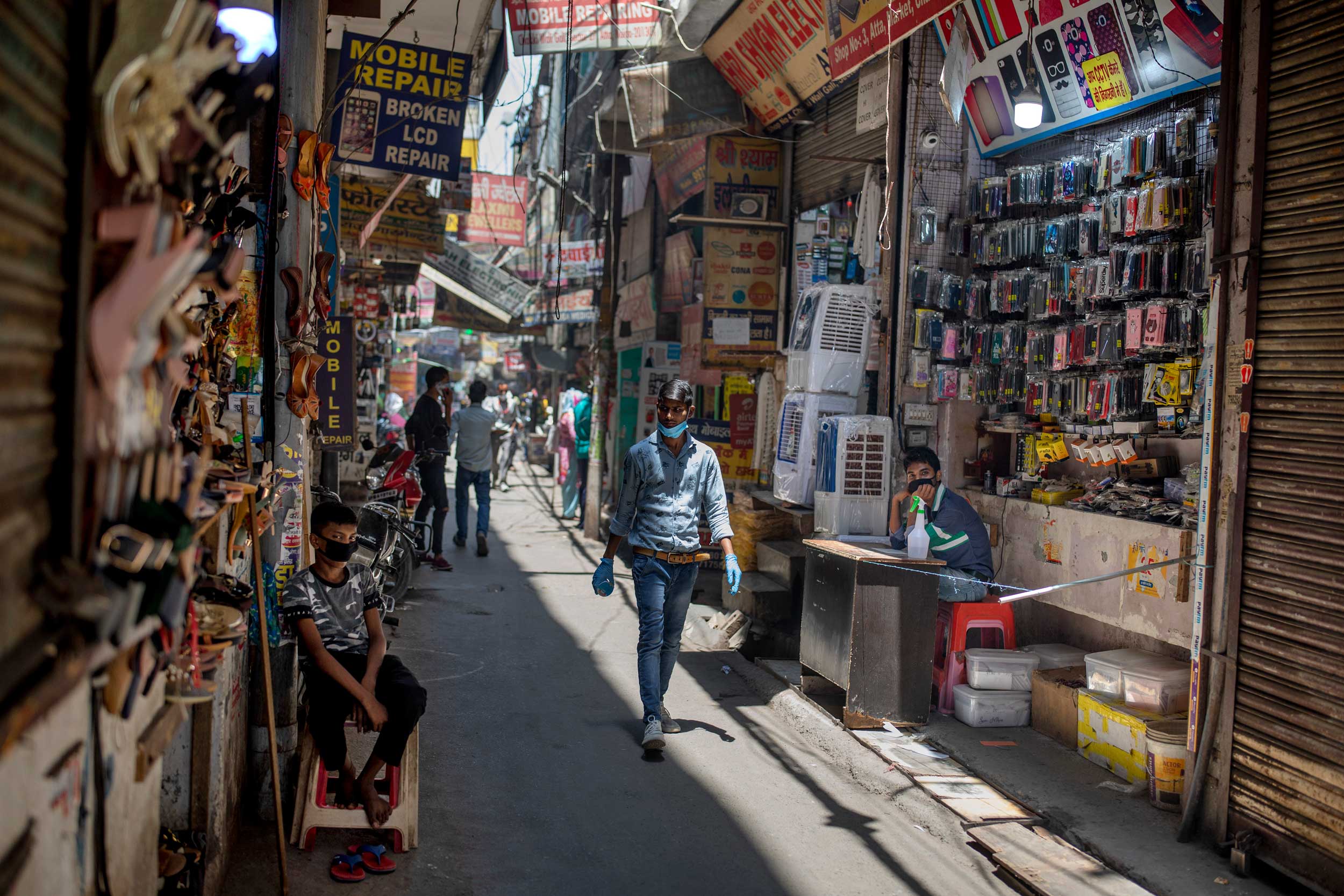Small traders in Bengal are unsure of the immediate effectiveness of CAIT’s call to boycott goods imported from China.
CAIT has identified more than 3,000 products that are already manufactured in India.
Traders in Bengal, however, are saying that instead of looking to substitute imports, the focus should be on streamlining GST and giving the small-scale industry access to credit to build up capacity for domestic production which cannot happen within a short time frame.
“In China, mobile batteries and memory cards are sold in kilos whereas in India we are still selling in pieces and many of these are cottage industries in China. To replicate that in India, the focus has to be on developing cottage industries and banks would have to take the risk and support investment. Access to credit is a challenge. The GST was also rushed,” said a city-based trader.
The small scale industry also faces the challenge of delayed receivables that have been aggravated by the lockdown. A study by Brickwork Ratings shows that around Rs 3.3 lakh crore in the form of receivables of MSMEs are stuck with large corporate houses.
CEA view
Chief Economic Advisor Krishnamurthy Subramanian said that a policy of import substitution will not necessarily help in building indigenous capability.
“You don't become capable without competing with the best. By shutting off doors and following a strategy that has been discredited, is not going to work,” said Subramanian at a session organised by Merchants' Chamber of Commerce and Industry.
“To think that exports can increase without imports also happening is impractical,” he said on Tuesday.
The CEA however added that if there is hostility at the border, appropriate action would be necessary.










